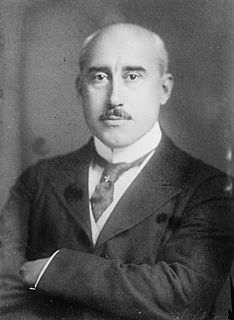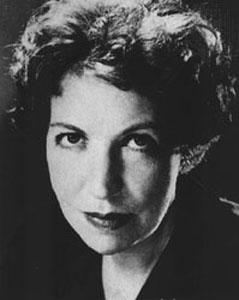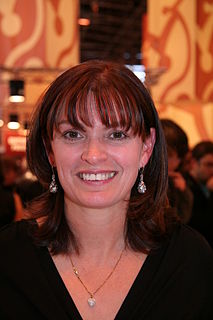A Quote by James Broughton
For me a poem has to sing out of itself and the lilt of it carries the magic.
Related Quotes
The subject of the poem usually dictates the rhythm or the rhyme and its form. Sometimes, when you finish the poem and you think the poem is finished, the poem says, "You're not finished with me yet," and you have to go back and revise, and you may have another poem altogether. It has its own life to live.
Sing to me," she said. "That would be valiant, to raise your voice in this dark, lonely place, and it will be useful as well. Sing to me, sing loudly-drown out my dreams, keep me from remembering whatever wants me to remember it. Sing to me, my lord prince, if it please you. It may not seem a hero's task, but I would be glad of it.
Whatever be the depth of woe Along the path that I must go, I'll sing my song— My song of joy for all the love That's lavished on us from above, And count no loss of treasure-trove When things go wrong. I'll sing the sunlight, and the bright Soft smiling stars that gem the night; For gifts of good That God hath spread along my way, The lilt of birds in tuneful play, The harvests full and flowers gay, The whole day long I'll sing my song Of gratitude!
I should think that many of our poets, the honest ones, will confess to having no manifesto. It is a painful confession but the art of poetry carries its own powers without having to break them down into critical listings. I do not mean that poetry should be raffish and irresponsible clown tossing off words into the void. But the very feeling of a good poem carries its own reason for being... Art is its own excuse, and it’s either Art or it’s something else. It’s either a poem or a piece of cheese.






































